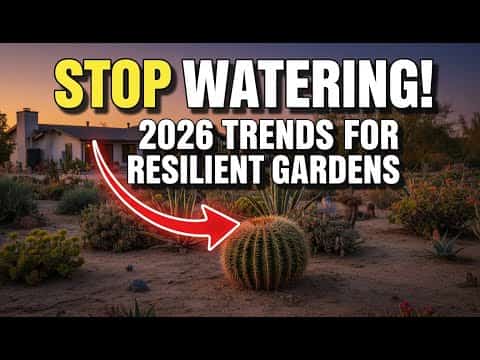Global Wildfires Intensify in 2025 Amidst Climate Change Concerns
Edited by: firstname lastname
The year 2025 continues to highlight the escalating impact of climate change, with global wildfires demonstrating a marked increase in intensity and scale. While some regions experience localized weather shifts, the broader trend points towards a planet grappling with the consequences of a warming climate.
Europe has been particularly affected, with heatwaves reaching extreme levels. Romania recorded temperatures of 41°C in July 2025, while Greece and the Balkans experienced even higher temperatures, peaking at 43°C. This intense heat, coupled with dry conditions, has fueled extensive wildfires across the continent. By August 12, 2025, the European Union had recorded over 409,220 hectares burned, an 87% increase compared to the same period in the previous year. Countries like Greece and Spain have reported record-breaking temperatures and significant wildfire activity, with scientists describing the conditions as a "molotov cocktail" of climatic factors.
Canada is enduring one of its most severe wildfire seasons on record. As of August 9, 2025, over 7.25 million hectares have burned, nearly double the ten-year average. This devastating season ranks as the second-worst on record, with Manitoba and Saskatchewan accounting for over half of the total area burned. The scale of these fires has released immense quantities of carbon dioxide into the atmosphere. Preliminary estimates suggest that Canadian wildfires in five months released more carbon than Russia or Japan emitted from fossil fuels in all of 2022. The Copernicus Atmosphere Monitoring Service (CAMS) has reported that wildfire emissions in Saskatchewan, Manitoba, and Ontario have surpassed previous records in their 23-year dataset, with smoke plumes impacting air quality across the Atlantic in Europe.
The ecological consequences of these widespread fires are profound. Forests, traditionally vital carbon sinks, are increasingly becoming carbon sources due to the intensity and scale of the blazes. This shift exacerbates global climate change by releasing more greenhouse gases, creating a feedback loop where warmer temperatures lead to more intense fires, which in turn release more emissions. The burning of peatlands, significant carbon stores, further compounds the issue, with preliminary results suggesting fire-related peatland emissions can reach 11.5 million tonnes annually. The long-term implications for climate change mitigation are substantial, underscoring the urgent need for comprehensive climate policies that address both emission reductions and the preservation of critical ecosystems like forests and peatlands.
16 Views
Sources
Radio Mitre ✋🏽🧼🤚🏽
vecer.mk
The New York Times
LA NACION
Wikipedia
Romania Insider
Wikipedia: Oltenian Sahara
Reuters: Romanian government plans drought insurance scheme for farmers
Phys.org: 'Five years of fire': Romanian farms wilt in drought
Reuters: Labourers barred from work, tourists kept from ruins as heatwave sears Greece, Balkans
Global forest loss hits record - with CO2 in tow
Forests taking longer to recover from severe ‘megafires’ since 2010
Want to plant trees to offset fossil fuels? You'd need all of North and Central America, study finds
Frequent large-scale wildfires are turning forests from carbon sinks into super‑emitters
Read more news on this topic:
Did you find an error or inaccuracy?We will consider your comments as soon as possible.



